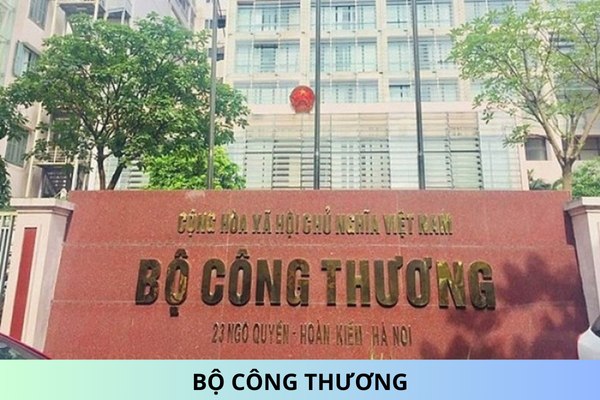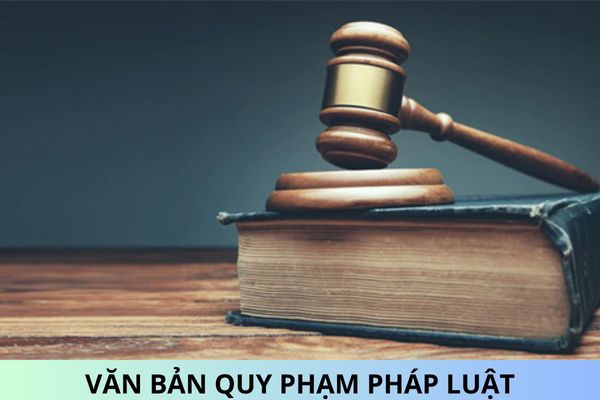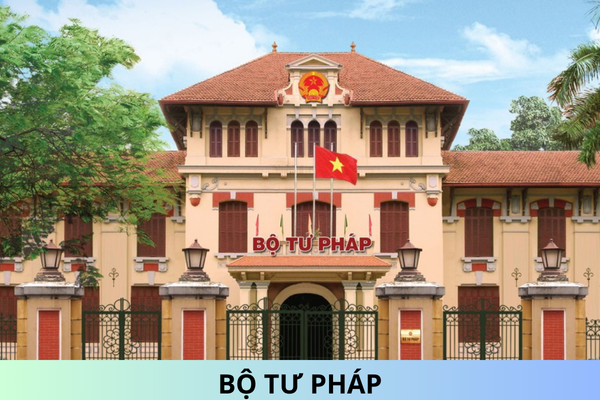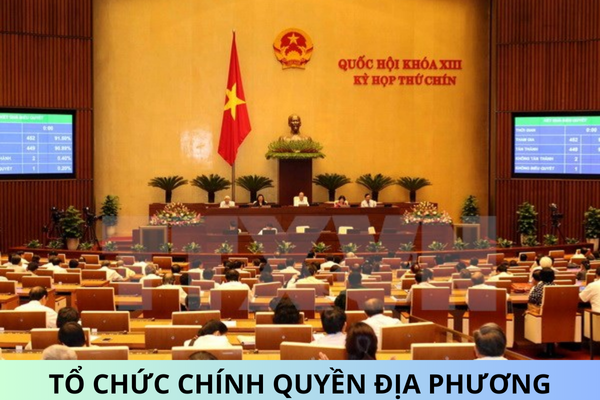What is the highest form of party discipline today in Vietnam?
Please ask: What is the highest form of party discipline today in Vietnam? Hope to get an answer. Question from Ms. Hoai in Ba Ria - Vung Tau
What is the highest form of party discipline today in Vietnam?
According to Article 7 of Regulation 69-QD/TW of 2022, regulations on party disciplinary measures are as follows:
Discipline
1. For party organizations: Reprimand, warning, disbandment.
2. For official party members: Reprimand, warning, dismissal (if holding a position), expulsion.
3. For reserve party members: Reprimand and warning.
According to this Article, depending on each subject, different forms of party discipline will be applied. Specifically:
[1] For party organizations: the highest level is disbandment of the organization
[2] For official party members: the highest level is expulsion from the party.
[3] For reserve party members: the highest level is a warning

What is the highest form of party discipline today in Vietnam? (Image from the Internet)
What circumstances are considered as mitigating factors for disciplinary action against Party members who violate party discipline in Vietnam?
Pursuant to Clause 2, Article 5 of Regulation 69-QD/TW of 2022 stipulating mitigating factors of disciplinary action:
Mitigating factors of disciplinary action
In case of violation with one or more of the following circumstances, the disciplinary level will be considered and reduced:
...
2. For party members
a) Proactively report your violations to the party organization, voluntarily accept personal responsibility for shortcomings and violations and take disciplinary action commensurate with the content, nature and extent of the previous violation and during the inspection and supervision process.
b) Proactively provide information, records, documents, and fully and honestly reflect on fellow violators.
c) Proactively stop violations and actively participate in preventing violations; Voluntarily surrender corrupt assets, compensate for damages, and overcome the consequences caused by them.
d) Violations when implementing policies or piloting innovation and creativity permitted by competent authorities according to regulations, other than the cases specified in Point dd, Clause 14, Article 2 of this Regulation.
Thus, party members who violate party discipline will be considered for a reduced level of discipline when one or more of the following factors exist:
- Proactively report your violations to the party organization, voluntarily accept personal responsibility for shortcomings and violations and accept disciplinary measures commensurate with the content, nature and extent of violations before and during inspection and supervision process.
- Proactively provide information, records, documents, and fully and honestly reflect on fellow violators.
- Proactively stop violations, actively participate in preventing violations;
- Voluntarily surrender corrupt assets, compensate for damage, and overcome the consequences caused by them.
- Violations when implementing policies or piloting innovation and creativity permitted by competent authorities according to regulations.
What factors are considered aggravating factors for disciplinary action against Party members who violate party discipline?
Pursuant to Clause 2, Article 6, Regulation 69-QD/TW of 2022 stipulating aggravating factors of disciplinary action:
Aggravating factors of disciplinary action
In case of violation with one or more of the following circumstances, disciplinary action must be considered and aggravated:
...
2. For party members
a) The party organization has requested a review but has not implemented it or corrected any shortcomings or violations. Not voluntarily admitting shortcomings or violations, disciplinary measures are commensurate with the content, nature, and extent of the violation; Causes material damage that must be compensated but does not compensate, does not remedy the consequences or remedies incorrectly as required by the competent authority, does not voluntarily return money or property resulting from the violation.
b) Dealing with, deceiving, and obstructing the process of checking, supervising, inspecting, auditing, investigating, prosecuting, adjudicating, and executing judgments. Covering for violators; threaten, repress, and take revenge on activists, denouncers, witnesses, and those who provide documents and evidence of violations.
c) Organized violation, being the mastermind; providing false information or reports; prevent others from providing evidence of violations; concealing, modifying, destroying evidence, creating fake documents, records, and evidence.
d) Taking advantage of positions and powers, taking advantage of emergencies, natural disasters, fires, and epidemics to implement social security, national defense and security policies for personal gain. Coercing, mobilizing, organizing, or abetting others to commit the same violation.
Thus, party members who violate party discipline in Vietnam will be considered for serious disciplinary action when one or more of the following factors exist:
- The party organization has requested a review but has not implemented it or corrected any shortcomings or violations.
- Not voluntarily admitting shortcomings or violations, disciplinary measures are commensurate with the content, nature, and extent of the violation;
- Causing material damage that must be compensated but does not compensate, does not remedy the consequences or remedies incorrectly as required by the competent authority, does not voluntarily return money or property resulting from the violation.
- Dealing with, deceiving, and obstructing the process of checking, supervising, inspecting, auditing, investigating, prosecuting, adjudicating, and executing judgments.
- Covering for violators;
- Threatening, repressing, and taking revenge on activists, denouncers, witnesses, and those who provide documents and evidence of violations.
- Organized violations, masterminds;
- Providing false information and reports;
- Preventing others from providing evidence of violations;
- Concealing, modifying, destroying evidence, creating fake documents, records, and evidence.
- Taking advantage of positions and powers, taking advantage of states of emergency, natural disasters, fires, and epidemics to implement social security and national defense and security policies for personal gain.
- Coercing, mobilizing, organizing, or abetting others to commit the same violation.
Best regards!










